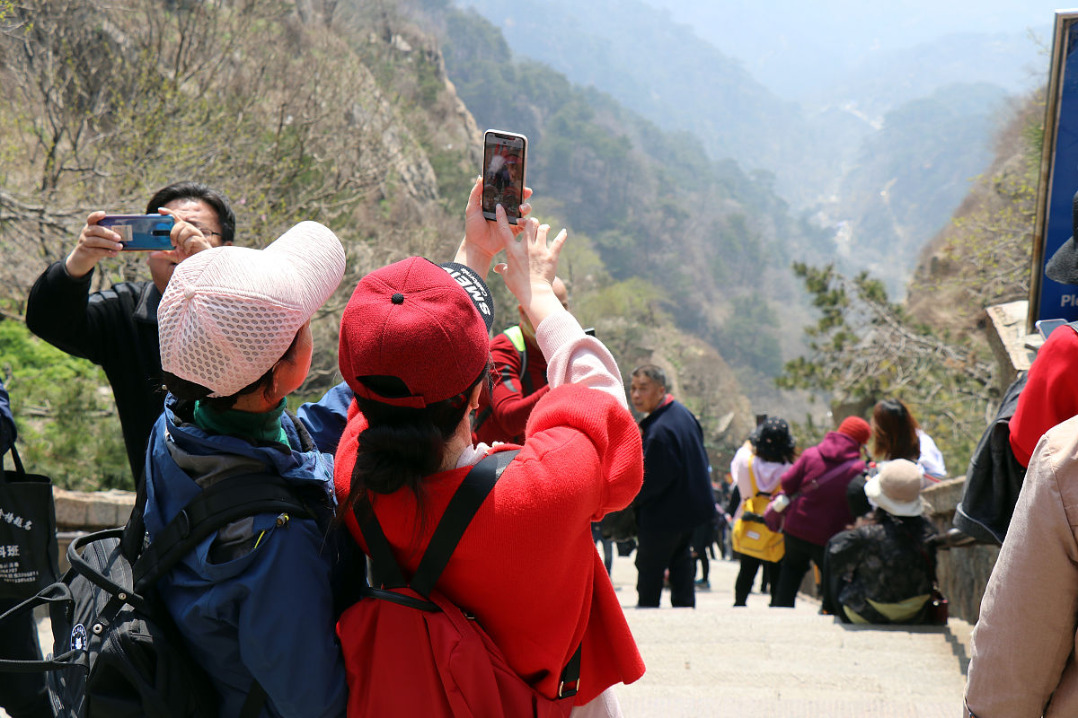Alibaba calls for crackdown on counterfeits

E-commerce giant identifies more than 4,000 cases of fake products being sold on its platform
E-commerce titan Alibaba Group Holdings has called for tougher laws, stiffer enforcement, and harsher penalties to crack down on fake products, in the latest attempt to shed its reputation as a haven for selling knockoffs.
While identifying 4,495 leads related to counterfeiting last year through its local task force, the company said a low conviction rate was hampering the imposition of tougher criminal sanctions against such illegal activity.
"Alibaba is the victim of counterfeiting," says Jessie Zheng, Alibaba's chief platform governance officer.
"The only way out of this is to impose tougher criminal sanctions on every individual involved in the chain of operation."
The appeal is part of an escalating war Alibaba has been waging to combat counterfeits, fending off accusations, including being listed as a "notorious market" by US regulators in December.
Each of the 4,495 leads identified by Alibaba involves a value of goods exceeding the statutory minimum for criminal investigation of 50,000 yuan ($7,280). Yet only 1,185 cases were followed up by law enforcement departments, and only 33 of those resulted in convictions.
That translated into a conviction rate of just 0.7 percent, a figure the company says is insufficient to deter counterfeiters.
"Criminals can escape any legal consequences, leaving law enforcement agents and consumers feeling helpless," Zheng says.
She reiterated the company's commitment to its ongoing anti-counterfeit battle, but said the ability to remove merchants and products from its platforms will be much less productive without the support of more legally enforceable sanctions and punitive measures.
Alibaba has long faced criticism for the sales of fake products by independent vendors on its Taobao site, an online marketplace targeting customer-to-customer trades.
The internet giant has been using proactive big-data screening, image recognition and manpower to detect suspicious deals. It also works with local authorities to track down sources of counterfeits, and has filed the first legal case against sellers of fake goods earlier this year.
But law enforcement agents sometimes find it hard to classify incidents and build legal cases, because current laws only assess the impact of counterfeits by the amount of losses incurred, which is very difficult to quantify, said Zhang Jianwei, a professor of law at Tsinghua University.
To root out counterfeiting, it is important to take a holistic approach to information-sharing and law enforcement across various government departments, from business and commerce to quality control, said Yang Ming, a professor of law at Peking University.
hewei@chinadaily.com.cn
(China Daily Africa Weekly 03/03/2017 page25)
Today's Top News
- US quits 66 intl organizations under Trump's order: White House
- Handcrafted gold market gaining increased luster
- Demonstration held in Venezuelan capital, demands release of Maduro by US
- Time for US to stop violating UN charter
- China, Africa share harvest of strong ties
- US conducting operation to seize Venezuela-linked oil tanker in Atlantic: US media






























